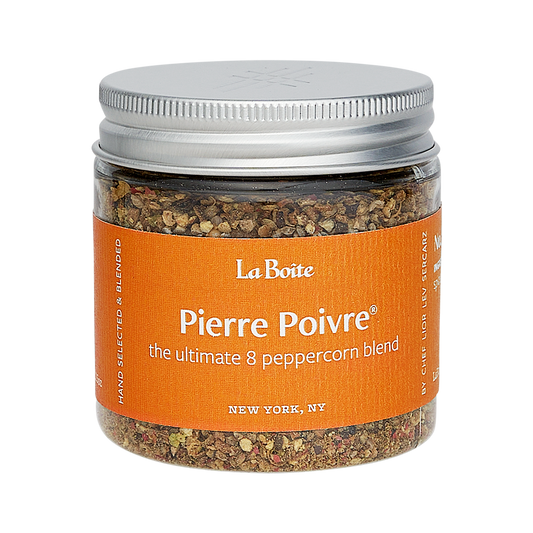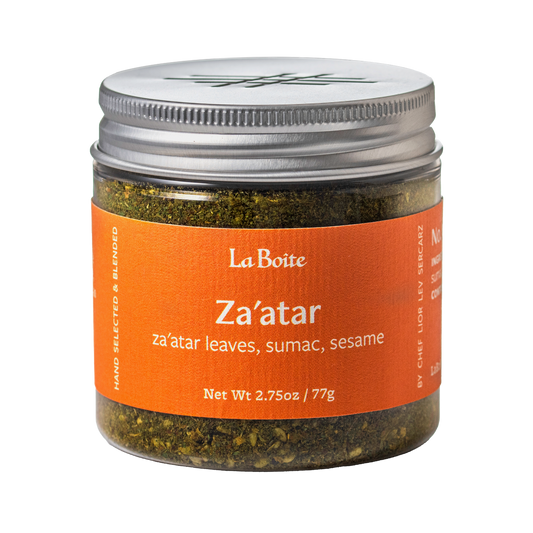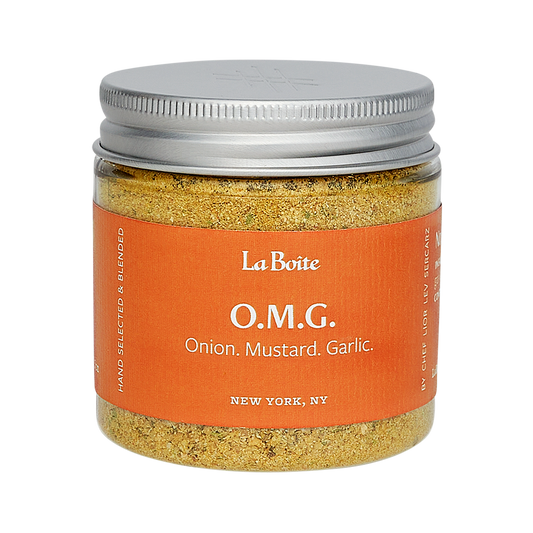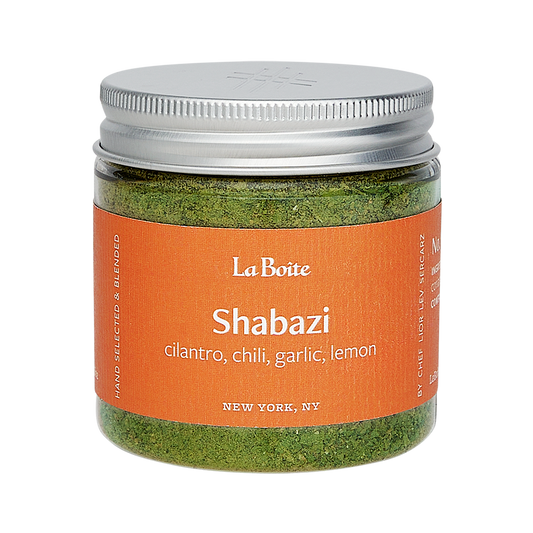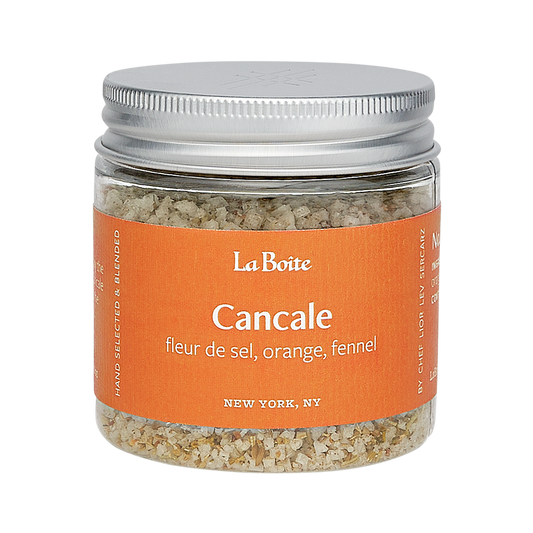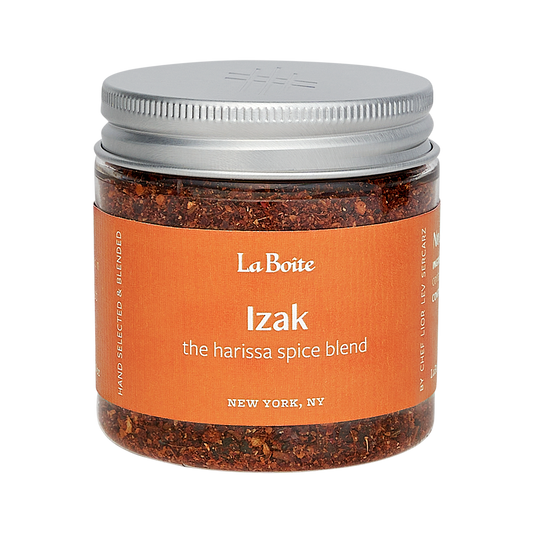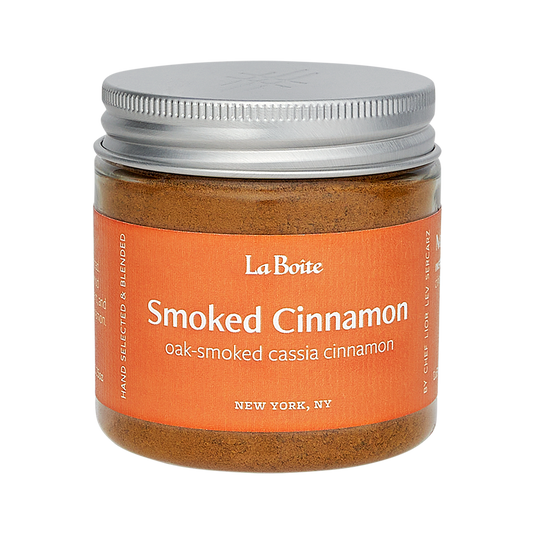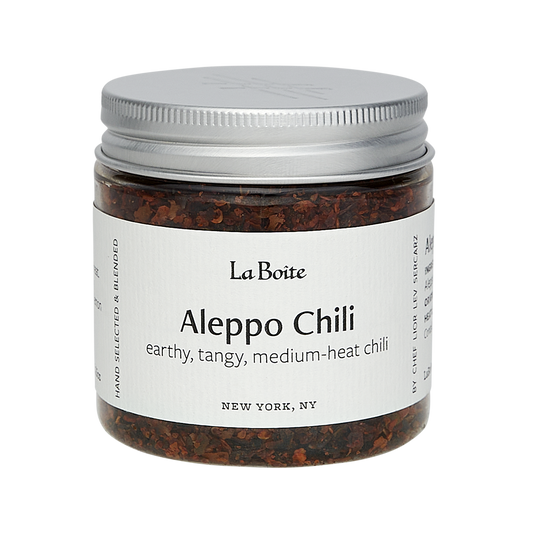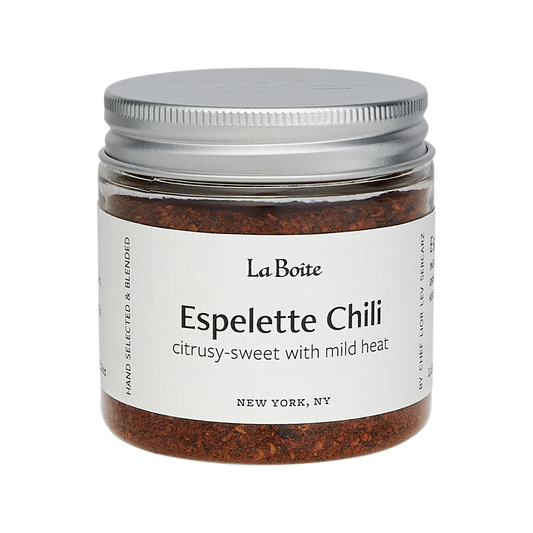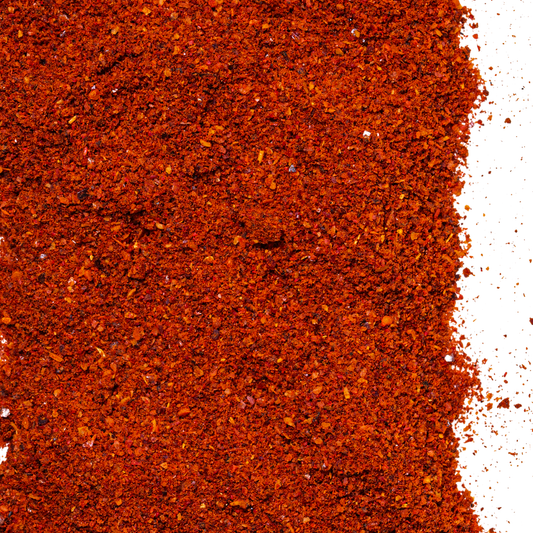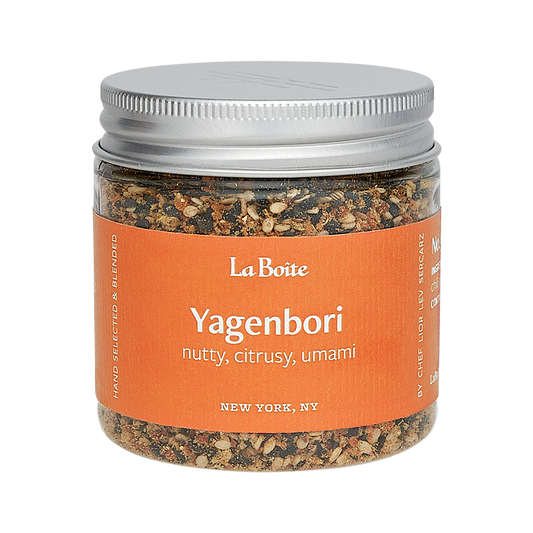Here is my take on a dish I grew up eating with my brother and mom back home in San Francisco. Nowadays with a young son I don’t always have time to put together elaborate osechi, but we make sure to always have ozōni, both to keep the tradition alive, and because it’s delicious. Normally eaten in the morning on New Years Day, it’s also a perfect comfort food for any chilly winter evening.
Ozōni
Rated 4.4 stars by 14 readers
Category
Dinner
Author
Christian Leue
Servings/Yield
3

Ingredients
-
1 pound boneless skinless chicken thighs, cut into bite-sized pieces (use the best chicken you can find)
-
1 oz. saké (this does not have to be pricey, but avoid cheap ones)
-
1 (4" piece) of kombu
-
5 dried shiitake mushrooms, rehydrated in 1 cup of warm water
-
3/4 cup scrubbed burdock root, slivered and soaked in cold water
-
1 small piece of ginger, peeled and cut into matchsticks
-
3 pieces dry or fresh mochi
-
Soy sauce to taste, get the best quality you can find (ingredients should read: water, soybeans, wheat, salt)
-
Salt to taste
Garnish
Directions
Mix the chicken pieces and sake in a bowl and allow to stand for 15 minutes. Cut each rehydrated mushroom into three pieces, discarding the stem if it is tough, then strain and reserve the soaking water.
Heat 5 cups of water in a large saucepot, add the kombu and keep at a simmer. Add the chicken pieces, mushrooms and water they were soaked in, and burdock, and cook gently for 20 minutes, skimming any foam. Add the ginger and simmer for 5 minutes more.
Toast the mochi in a toaster oven or over a gas flame until soft, puffed, and charred in places. Taste the soup and season with soy sauce and salt until it tastes right to you, you want it slightly salty. Place each piece of mochi into a large bowl and divide the soup among them. The kombu can either be used for another stock, shredded and pickled, or chopped up and eaten with the soup.
Garnish with scallions and shichimi and any of the optional items mentioned above.
Recipe Note
Variations & Ideas:
• Substitute 1/2 cup short grain rice or hatomugi (or a mix) for the mochi, use bone-in chicken thighs, add a roughly chopped peeled carrot, and cook all ingredients except the garnishes together over low heat, covered, for 90 minutes, to make a restorative stew. It's my version of chicken soup.
• You can be a minimalist. This soup can be pared down to: chicken, ginger, scallions, soy sauce, and shichimi. Just use excellent chicken and you won't be disappointed.
• The vegetables work well in a savory pancake. Briefly cook slivered burdock and finely chopped rehydrated shiitake in oil until soft and add a splash of soy sauce. Allow to cool and add to pancake batter along with scallions and a splash of saké. Great with karaage.
Questions about this recipe? Contact us at info@laboiteny.com
